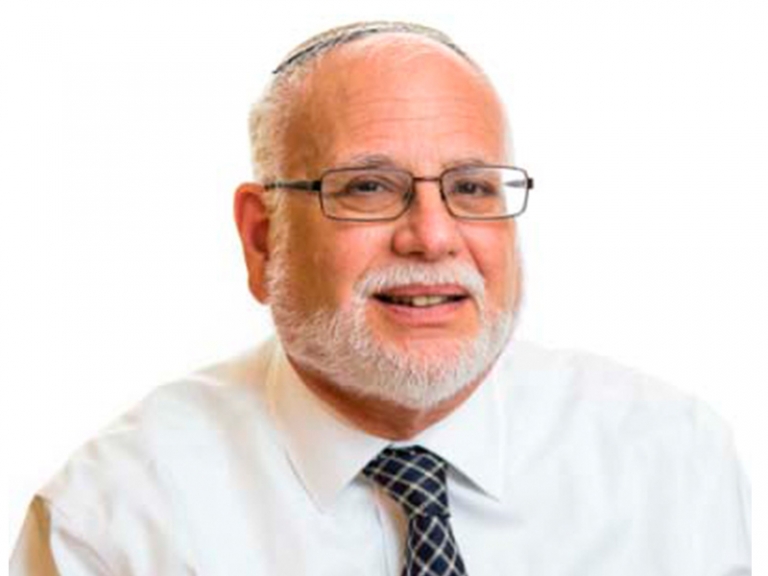D'var Torah by Dr. Kalman Stein, Head of School

Dear Hebrew Academy Community:
As every Jewish child learns in his/her first years of school, Avraham Avinu was the paradigm of Chessed. How did Avraham who, came to knowledge of God on his own also come to understand the importance of Chessed? Avraham understood the concept of emulating the Creator. Thus, if Hashem created and maintains the world without the expectation or possibility of being rewarded, so, too, human beings who were created in His image have the ability and the mandate to give without the expectation of compensation. The Torah focuses us on the centrality of Chessed in Judaism, the Gemara in Sotah tells us, by beginning and ending with acts of divine Chessed: It begins with Hashem providing Adam and Chava with clothing and it ends with the ultimate act of Chessed when God Himself buries Moshe Rabbeinu.
Parashat Vayera, in a theme repeated often throughout Tanakh, vividly contrasts the divine reaction to acts of kindness and, alternately, to acts of cruelty. The Parasha famously opens with Avraham’s zeal to perform the Mitzvah of Hakhnassat Orchim—hospitality—even though it meant passing up the opportunity of basking in the presence of Hashem who had come to visit him. The almost immediate result of this was the promise that Sarah and he would soon have a son. Our Parasha, of course, also demonstrates the repercussion for cruelty as we read about the destruction of Sodom. The message is clear: Chessed generates life; cruelty results in death and destruction.
The Gemara in Ta’anit teaches that there are three keys in the hands of God which He does not entrust to an agent. One of those keys is the key to childbirth because only God has the power to create life. Humanity is entrusted by God to improve upon creation but only Hashem is able to create. But our Parasha does seem to indicate that human beings can open the lock of childbirth through Chessed. A person who performs acts of kindness without hope or desire for reward—as Avraham and Sarah could not have expected three nomadic travelers to reward them for their kindness—is following in the footsteps of the Creator and, thereby, can be endowed by God with the ability to create. The Chessed of Avraham and Sarah made it possible for them to bring new life into God’s world.
Shabbat Shalom,
Dr. Kalman Stein
Head of School

